Zara Aleena: Family members 'completely destroyed' by murder
- Published
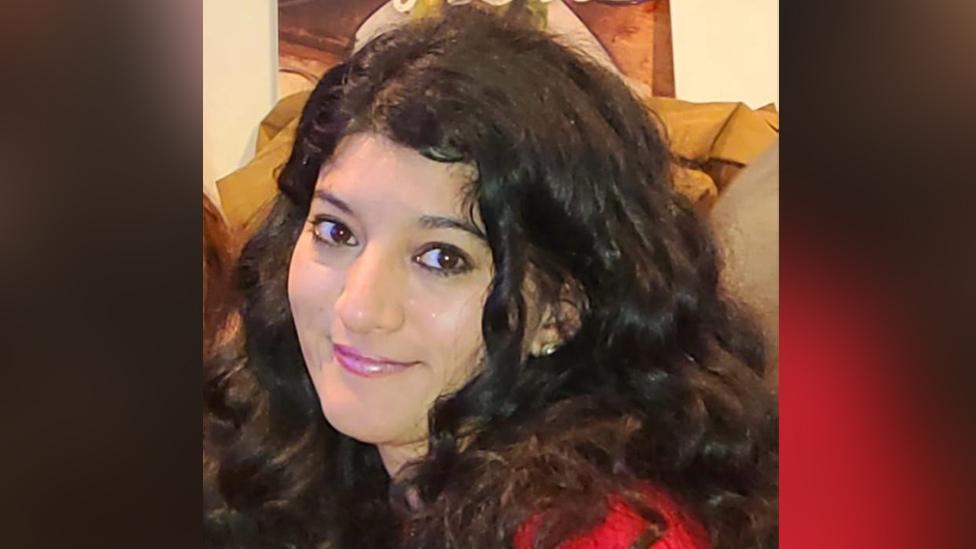
Zara Aleena planned to become a solicitor
Close relatives of Zara Aleena have been "completely destroyed" by her murder, her aunt has said.
Six months after the law graduate's death in east London, Farah Naz said they "don't feel well, physically, emotionally" and were "constantly tormented" by thoughts of how she died.
Ms Naz also said "we will never have peace", despite Zara's killer having been jailed recently for 38 years.
Jordan McSweeney was sentenced after admitting killing Zara, 35, in Ilford.
He attacked her as she walked home from a night out on 26 June. She was later found in the early hours having been badly beaten and died later that day.
Ms Naz, the sister of Zara's mother, spoke to BBC Radio 4's Woman's Hour about the traumatic effect it had had on their "tight-knit" family.
"In the last six months we all feel we've aged 10 years, the change feels tangible inside us," she said.
"We feel stuck in time, we feel lost, we find it difficult to connect with each other."
Later she added: "At the same time we feel we can't be hurt anymore - the very worst has happened, nothing more can happen to us."

Zara Aleena was killed walking back from a night home by a sexual predator, only recently released from prison, labelled a "danger to any woman".

Her niece, whom she described as "our Zara", had aspired to be a lawyer from a young age, was hard working, loved animals and contributed to community life by volunteering, she said.
McSweeney, from Dagenham, east London, had followed two lone women in the hours before he killed Ms Aleena, CCTV footage revealed.
At his sentencing last week, the judge described him as a "pugnacious and deeply violent" man.
Mrs Justice Cheema-Grubb also said McSweeney had shown "no spine whatsoever" as he did not turn up for his sentencing.
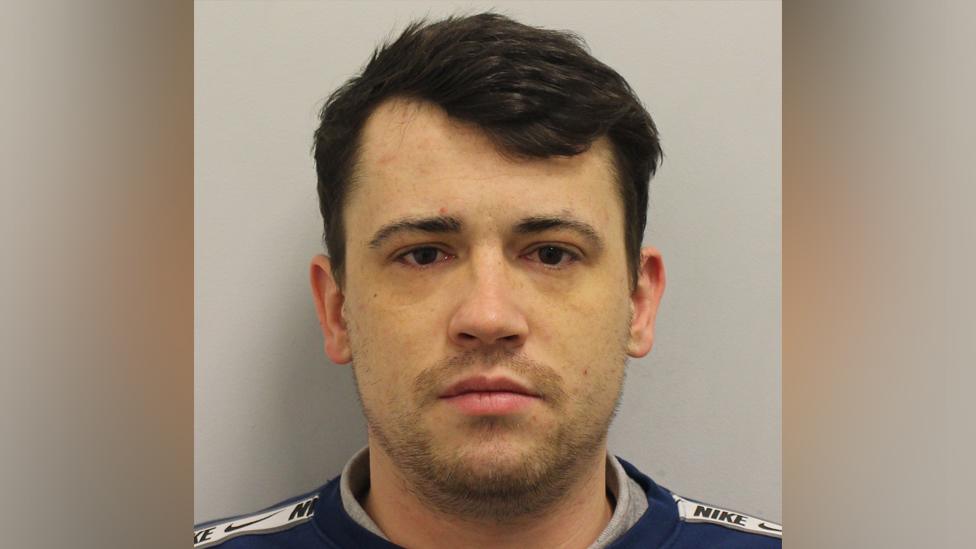
Jordan McSweeney had only recently been released from prison when he murdered Zara
Ms Naz told the programme's presenter Krupa Padhy that McSweeney should have been forced to attend court: "It felt so wrong, it felt disrespectful to Zara and like and somehow the court proceedings felt incomplete."
"We needed some retribution, we needed to see his face," she added.
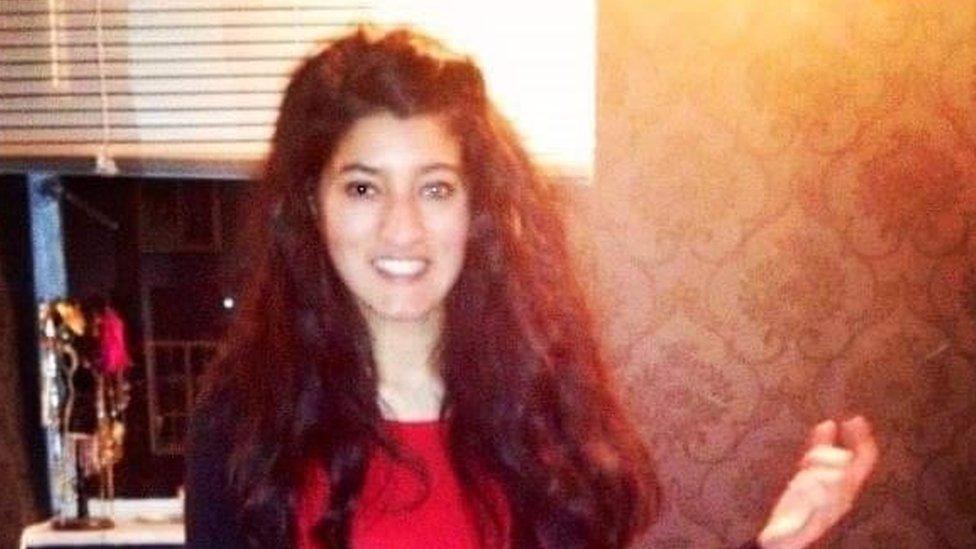
Ms Aleena's family previously described her as "a carefree spirit, with the most caring heart"
Nearing the end of the emotional interview, she said the family had not yet been able to adjust to life without Zara, which she described as a "new horror".
"We know we can't stay there, we know we have to enter some kind of normal normality, but at the moment it doesn't even feel like we're living."
Later she said "one way forward" for the family may be to work with and help families of other women who die in similar circumstances, "to change society, to work with leaders and to give that very special insight that victims can give".

Follow BBC London on Facebook, external, Twitter , externaland Instagram, external. Send your story ideas to hellobbclondon@bbc.co.uk, external
Related topics
- Published14 December 2022
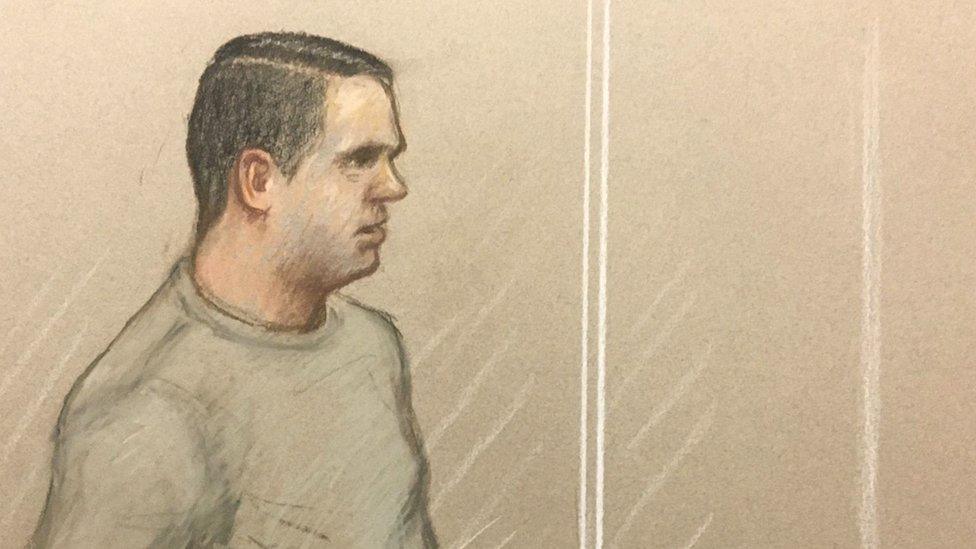
- Published14 December 2022
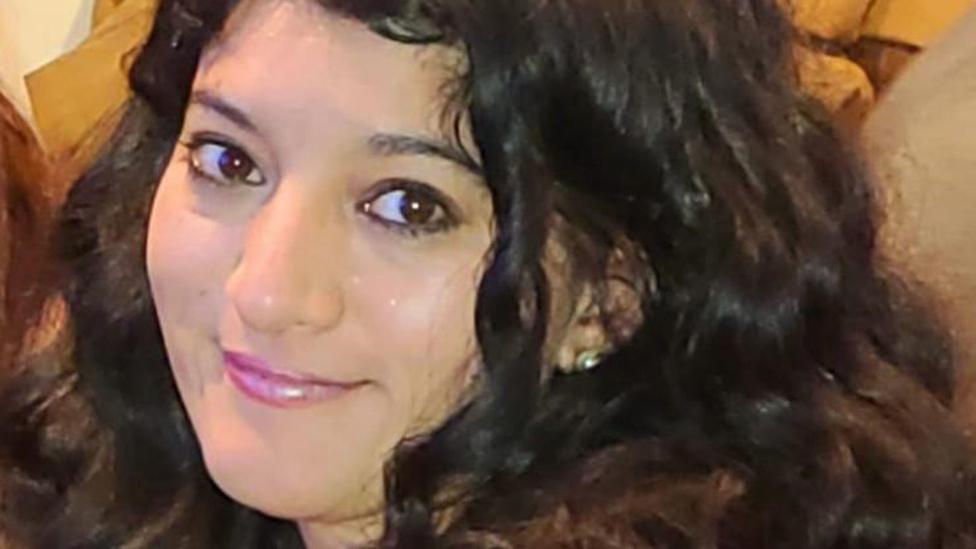
- Published18 November 2022
